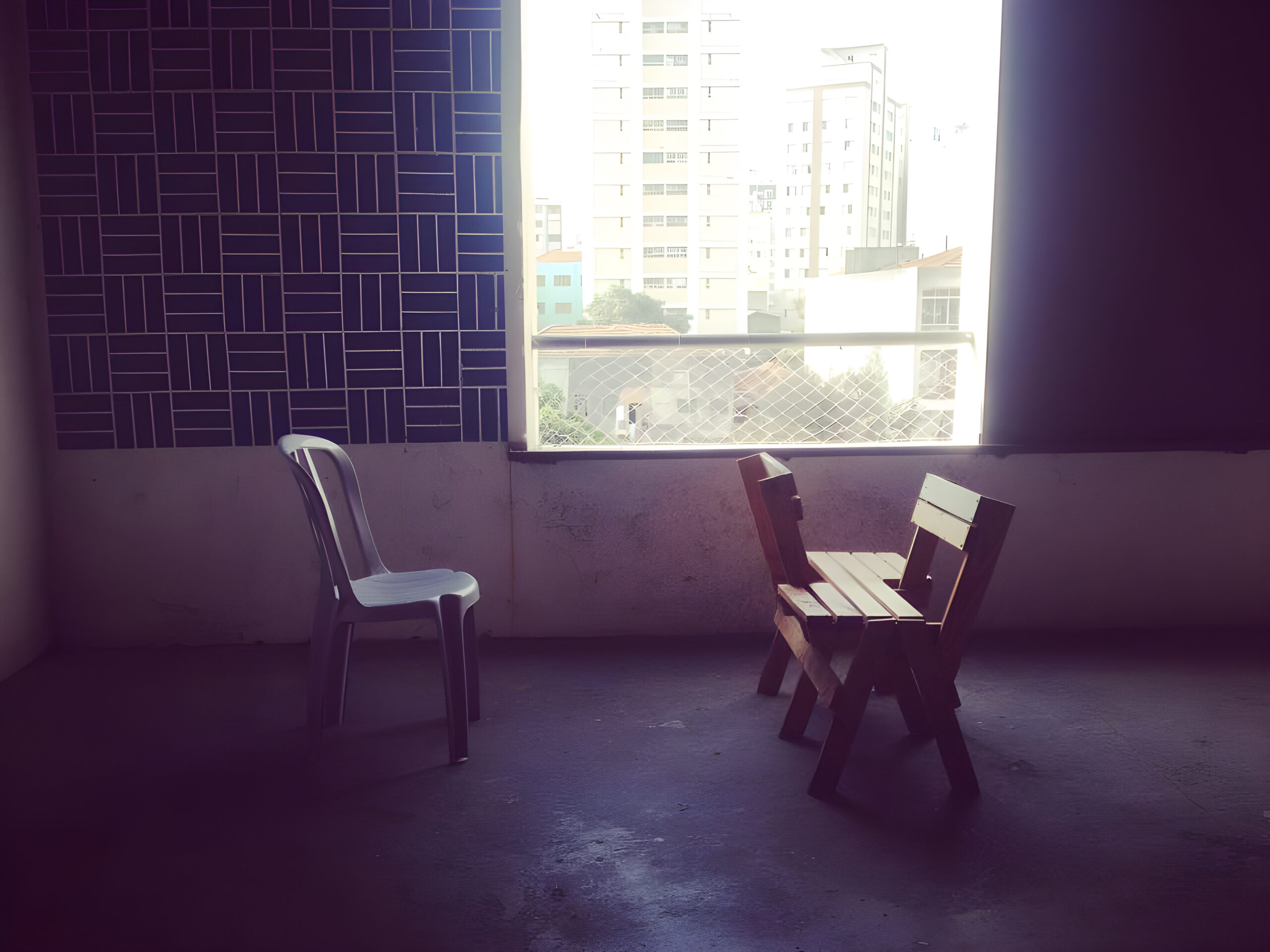KEYNOTE AND PLENARY TALKS
2024
Soreanu, R. ‘The Psychic Life of Fragments’, Professorial Lecture, University of Essex, 27 February 2024.
2023
Soreanu, R. ‘On Psychoanalytic Convertibility and Infrastructural Thinking’, ‘Money and Psychoanalysis: Economies of Care’ Conference, The Freud Museum, London, 13-14 October 2023. [keynote] https://www.freud.org.uk/event/in-person-money-and-psychoanalysis-economies-of-care/
Soreanu, R. ‘Free Psychoanalytic Clinics and the Issue of the Group’, ‘Inside-Outside: Community in the Mind and the Mind in the Community’ Conference, The Consortium for Therapeutic Communities, Birmingham, 18-20 September 2023. [keynote] https://therapeuticcommunities.org/etn/inside-outside/
Soreanu, R. ‘The Psychic Life of Fragments: On Trauma and Splitting in Sándor Ferenczi’, Ferenczi 150th Anniversary International Conference, Budapest, Hungary, 9 June 2023. [plenary talk] https://ferenczi150budapest.org
CONFERENCE PAPERS
2024
Soreanu, R. ‘On Infrastructural Thinking and Radical Care’ (Panel ‘Psychoanalytic Free Clinics and Care Infrastructures: Practices and Utopias’), ‘Caring Futures: Contradictions, Transformation, and Revolutionary Possibilities’ Conference, The American University of Paris, France, 29 May 2024.
Soreanu, R. ‘Infrastructural Thinking: Free Psychoanalytic Clinics as Global Movement’, The College of Psychoanalysts (CP-UK) Conference ‘Psychoanalysis, Community & Movement(s)?’, London, 24 February 2024.
Soreanu, R. ‘The Mourning Crowd: On Symbols and Protest’, ‘Soulèvements ou révolutions ? Pouvoir Constituant ou Pouvoirs Constitués ? Enjeux politiques et esthétiques’, Multitudes, The American University of Paris, France, 15 February 2024.
2023
Soreanu, R. ‘On Elasticity and Clinical Ecologies in Psychoanalysis’, SIPP-ISPP International Society of Psychoanalysis and Philosophy conference, University of Nicosia and University of Cyprus, Nicosia, Cyprus, 21-23 September 2023. https://www.sipp-ispp.com/
Soreanu, R. & Staberg, J. ‘Ferenczi Dialogues: On Trauma and Catastrophe’, Ferenczi 150th Anniversary International Conference, Budapest, Hungary, 9-11 June 2023. https://ferenczi150budapest.org
INVITED TALKS & LAUNCHES
2024
Soreanu, R. ‘Discussion of Women in the Budapest School of Psychoanalysis. Girls of Tomorrow by Anna Borgos’, International Sándor Ferenczi Network (ISFN) Book Presentation Series, 3 February 2024. [online]
Soreanu, R. ‘On Trauma and Radical Plasticity’, ‘What Is Trauma?’ 30th Anniversary PPS Themed Discussion, Department of Psychosocial and Psychoanalytic Studies, University of Essex, 17 January 2024.
2023
Soreanu, R. ‘Conversation on Spheres of Insurrection: Notes on Decolonizing the Unconscious, with Suely Rolnik, Ramsey McGlazer and Raluca Soreanu’, International Consortium of Critical Theory Programs, 15th December 2023. [online]
Soreanu, R. ‘Sobre pensamento infraestrutural e clínicas abertas de psicanálise’, Simpósio Nacional ‘Clínica Ampliada: questões emergentes do laço social’ do Grupo de Trabalho (GT) ‘Psicanálise e Clínica Ampliada’ da Associação Nacional de Pós-Graduação e Pesquisa em Psicanálise (ANPEPP), Universidade Estadual Paulista (UNESP), São Paulo, Brazil, 20 October 2023.
Soreanu, R., Staberg, J. & Willner, J. ‘Ferenczi Dialogues: On Trauma and Catastrophe’ Symposium, with commentaries by Baraitser, L., Bokay, A., Minozzo, A., & Tomcic, A., The Freud Museum London, UK, 7 July 2023. https://www.freud.org.uk/event/ferenczi-dialogues/
Soreanu, R. ‘The Psychic Life of Fragments: Authority and the Superego’, Imágó Budapest, The Hungarian Academy of Sciences, Budapest, Hungary, 7 June 2023.
Soreanu, R. & Camargo David, E. ‘Debate sobre o livro Por um fio: uma escuta das diásporas pulsionaispor Kwame Yonatan’, Museu da História e da Cultura Afro-Brasileira (MUHCAB), Rio de Janeiro, Brazil, 29 April 2023.
Soreanu, R., Staberg, J. & Willner, J. ‘Ferenczi Dialogues: On Trauma and Catastrophe’, discussant Harris, A., International Sándor Ferenczi Network (ISFN) Book Presentation Series, 1 April 2023. [online]
Soreanu, R. & Baraitser, L. ‘Psychoanalytic Care Now’, The Time of Care: A Waiting Times Conference, London, UK, 28-29 March 2023. https://waitingtimes.exeter.ac.uk/the-time-of-care-a-waiting-times-conference-tuesday-28th-wednesday-29th-march/
Soreanu, R., Staberg, J. & Willner, J. ‘Ferenczi Dialogues: On Trauma and Catastrophe’, discussant ffytche, M., Open Seminar, University of Essex, UK, 8 March 2023. [online]
Soreanu, R. ‘Free Clinics and A Psychoanalysis for the People (FREEPSY Project Launch Address)’, The Freud Museum London, UK, 25 February 2023.
Soreanu, R., Staberg, J. & Willner, J. ‘Ferenczi Dialogues: On Trauma and Catastrophe’, ‘Crisis and Utopia: Psychoanalysis and Politics’ Symposium, Södertörn University South of Stockholm, in collaboration with Svenska Psykoanalytiska Föreningen, Sweden, 20 January 2023.
2022
Soreanu, R. ‘Clínicas abertas e uma psicanálise para o povo’, Clínicas Sociais, Psicanálise e Filosofia, Universidade Federal de São Paulo (Unifesp), 3 December 2022. [online] https://www.youtube.com/@clinicassociaispsicanalise9440/streams

